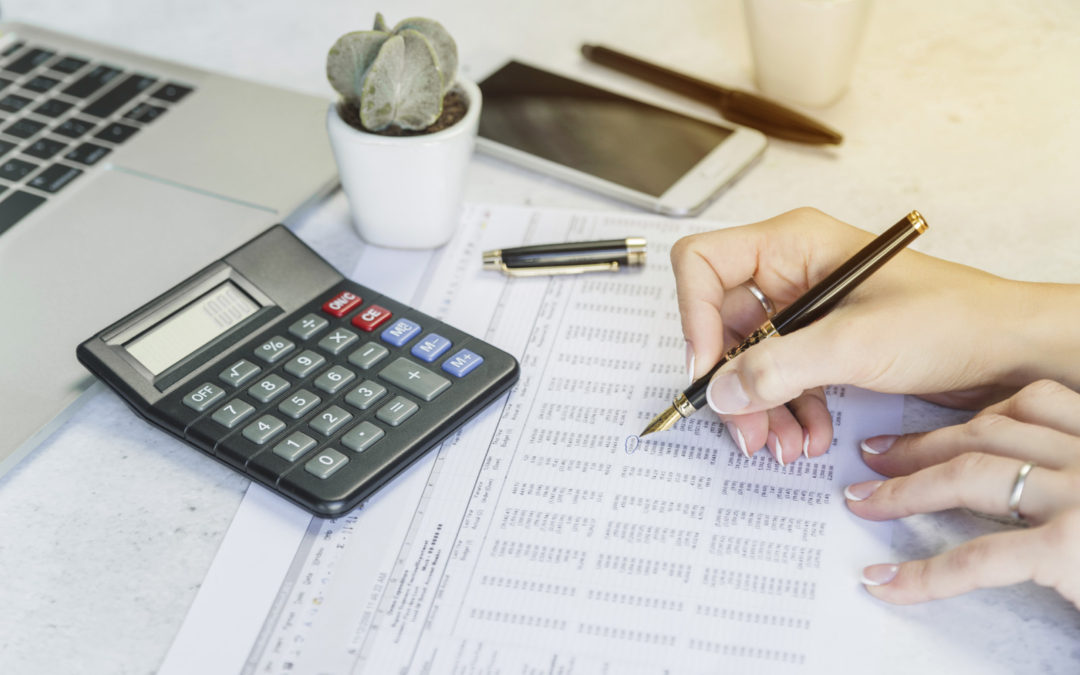When asked how your business is doing, a balance sheet is the best way to show success. Also called a statement of financial position, a balance sheet is usually one of several vital items you might be asked to produce when applying for a small business loan.
The balance sheet provides a picture of the financial health of a business at a given moment in time — usually the end of a month or financial year. It can tell you if you owe more money than what you currently have, the current value of your assets, and the overall value of your business.
The income and cash flow statement. It is an essential tool for investors to gain insight into a company and its operations. The purpose of a balance sheet is to give interested parties an idea of the company’s financial position and display what the company owns and owes.
Components Of A Balance Sheet
It has three components: assets, liabilities, and net worth or equity. The Balance Sheet is like a scale.
Balance sheets are typically prepared monthly, quarterly, and annually, but you can design one at any time to show your firm’s position.
It will depict your total assets, liabilities, and net worth. The business balance sheet offers a quick look into your financial health and can help inform lenders, investors, or key stakeholders about your business.
Balance sheets are one of the most critical financial statements. Learning how to generate them and troubleshoot issues when they don’t balance can help you become an invaluable member of your organization.
A balance sheet displays the risks and returns that your business faces at any given point in the form of its liabilities and assets. All of the business’s liabilities, whether short-term or long-term, outline its priorities from immediate to more distant ones. In contrast, assets reflect the business’s ability to generate cash through short-term assets and sustain its operations via long-term assets and investments.
The balance sheet results can also indicate if the business is running on losses due to a more significant amount of liabilities. By knowing such critical information, business owners can then plan and adjust towards achieving their future goals and rectify their progress if it strays off-course.
Should A Balance Sheet Balance?
A balance sheet should always balance. The name itself comes from the fact that a company’s assets will equal its liabilities plus any shareholder equity issued. If you find that your balance sheet is not truly balancing, it may be caused by one of these culprits:
- Incomplete or misplaced data
- Incorrectly entered transactions
- Errors in currency exchange rates
- Errors in inventory
- Miscalculated equity calculations
- Miscalculated loan amortization or depreciation
It’s your responsibility as an owner to know and understand your business’s income statement and the balance sheet.
The necessity of keeping a small business’s balance sheet up-to-date is always vital – it gives business owners a good picture of their current financial standing and prepares them for future decisions. If you haven’t updated your balance sheet recently, it’s advised to make an effort to do so sooner rather than later. Contact TNT Accounting if you’re not sure where to start when it comes to having a balance sheet or keeping it up-to-date.

